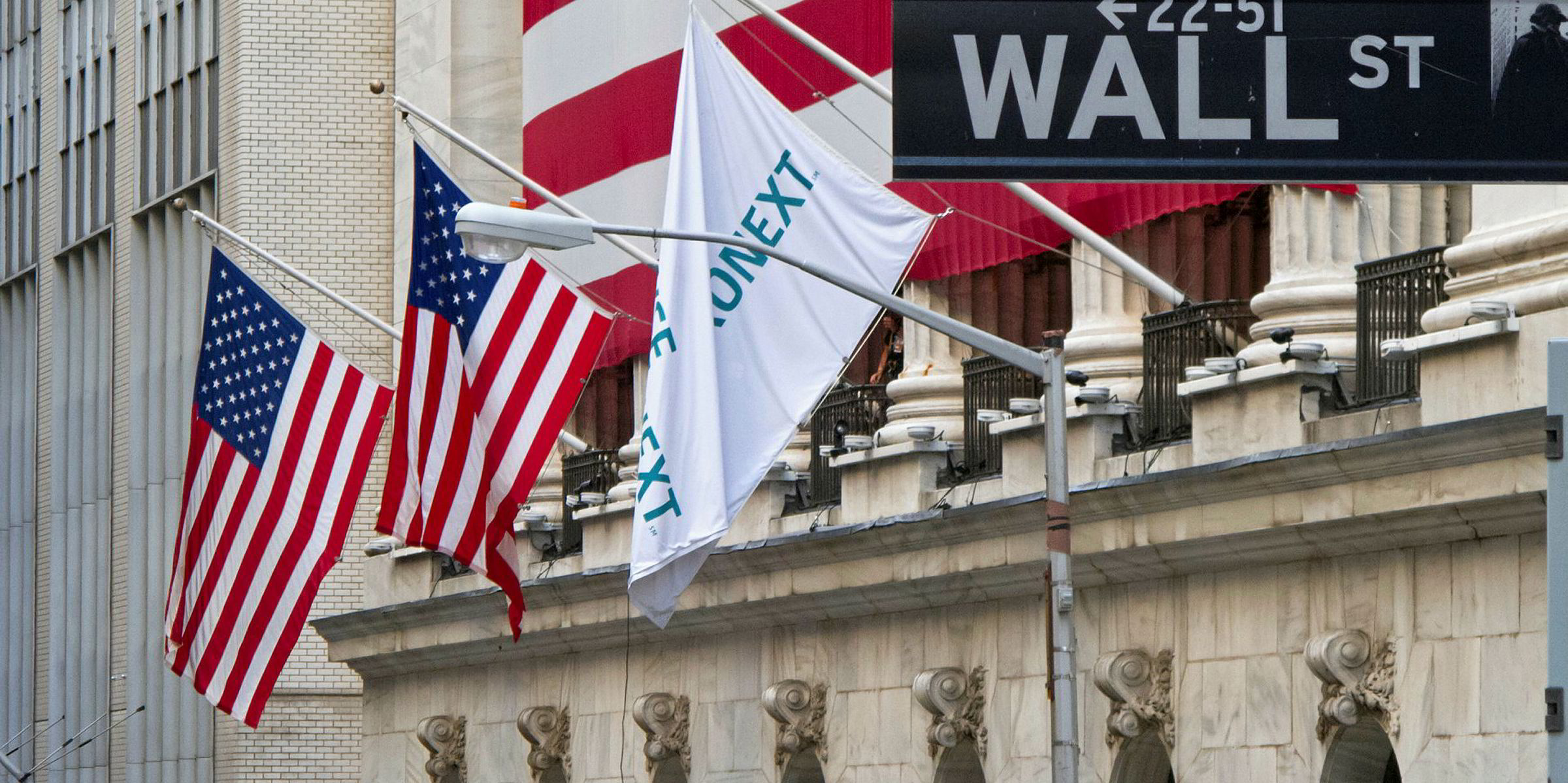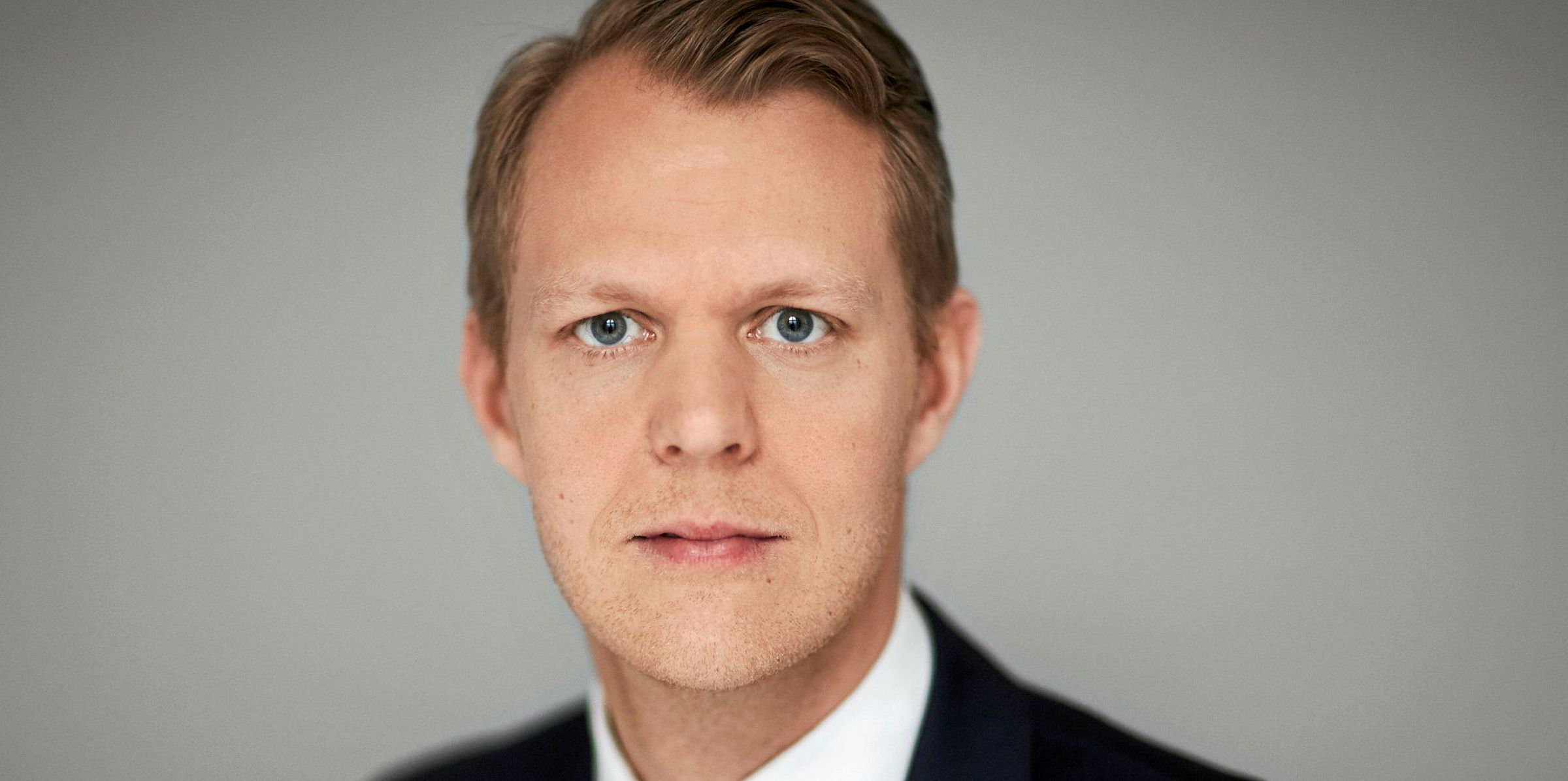Who says the age of glamour owning supertankers is over? Does earning $300,000 a day sound fun? It was for those private shipowners who caught the crest of the recent crude storage wave.
But where is the glamour in running public tanker companies that caught that peak, only to be hit where it hurts by sellers discounting a demand-driven slump that may not arrive until next year?
And what is the point in well-managed companies bothering with the time and expense to maintain a public listing, only to be judged on a par with those with a weak record.
That is the crux of an open letter penned this week by respected Deutsche Bank analyst Amit Mehrotra to the management of Euronav.
Since its escape from a market crunch early last decade, Euronav’s “actions over the last seven years are a master class in capital allocation”, Mehrotra said. “By any measure, this is perfect capital allocation and you should be commended for its consistency and discipline.”
Here’s the catch ...
But there is a catch. The outfit’s equity value is now about 20% below its New York initial public offering price, while it pays a 10% dividend that, if retained, would cut leverage further.
“In this context, it’s questionable if public equity markets will ever give the company the credit it deserves, and if the costs of being a public company are worth the benefits,” Mehrotra wrote.
A fundamental issue is exposed by Euronav’s shares trading at about a 20% discount to the net asset value (NAV) of its fleet, a little better than rivals without its record. That says the company is worth less than the theoretical break-up value of its fleet on the secondhand market.
In effect, investors are assigning little or no value to the company’s management skills.
That goes to the heart of a problem for the industry: is shipping a service where there is significant value in operational skill? Or is it merely an asset play, with operations reduced to a risky necessity?
Admittedly, shipping’s service providers have a mixed record. Efficiency gains made by container lines have not been retained but passed straight on to customers again and again. Despite endless attempts to add value, container shipping remains a commoditised business.
Perhaps at the other extreme is the cruise industry. It has taken the steel, pimped up and supersized its ships to create a multibillion-dollar consumer industry — at least it was before Covid-19.
If ever there was an example of successful “created demand” in shipping, cruise must be it.
In effect, investors are assigning little or no value to Euronav's management skills
So, what of Euronav’s plight? Five years ago, when I interviewed then chief executive Paddy Rodgers, he was full of ambition.
“What we have to do is break out into those people for whom shipping is a tiny subset of transport,” he said. Big US investors “want to make sure you pass fundamental hurdles — things like market capitalisation. I think that at $2bn you’re ‘on the road’, while $3bn and you’re getting closer”.
Despite the years of good management by Rodgers and his successor, Hugo De Stoop, Euronav’s market capitalisation remains stuck stubbornly at $2bn.
Rodgers spoke to TradeWinds in 2015 as Carl Steen took over as chairman from Peter Livanos, when he and Marc Saverys stepped down from the board.
That came a couple of months after Saverys launched a successful bid to take private his family-controlled bulker owner CMB. Saverys argued that the public listing was a handicap.
Another company taken private in recent years with success was Maersk Tankers. Bought out of the public AP Moller-Maersk group by the Moller family and Mitsui & Co in 2017, it appears on a self-confident trajectory.
Extracting even greater value
A combination of long-held professional skill with private capital is now also being blended with digital know-how to extract even greater value.
Should Euronav return to private hands? Mehrotra talks of trying “one more time to see if market participants prescribe value to shares at or above NAV via further reduction of the company’s liabilities”.
But here’s the rub: any move to take the company private would demand a premium to the current share price as an incentive. Ironically, that’s perhaps another good reason to back Euronav’s management today by investing in the firm.







